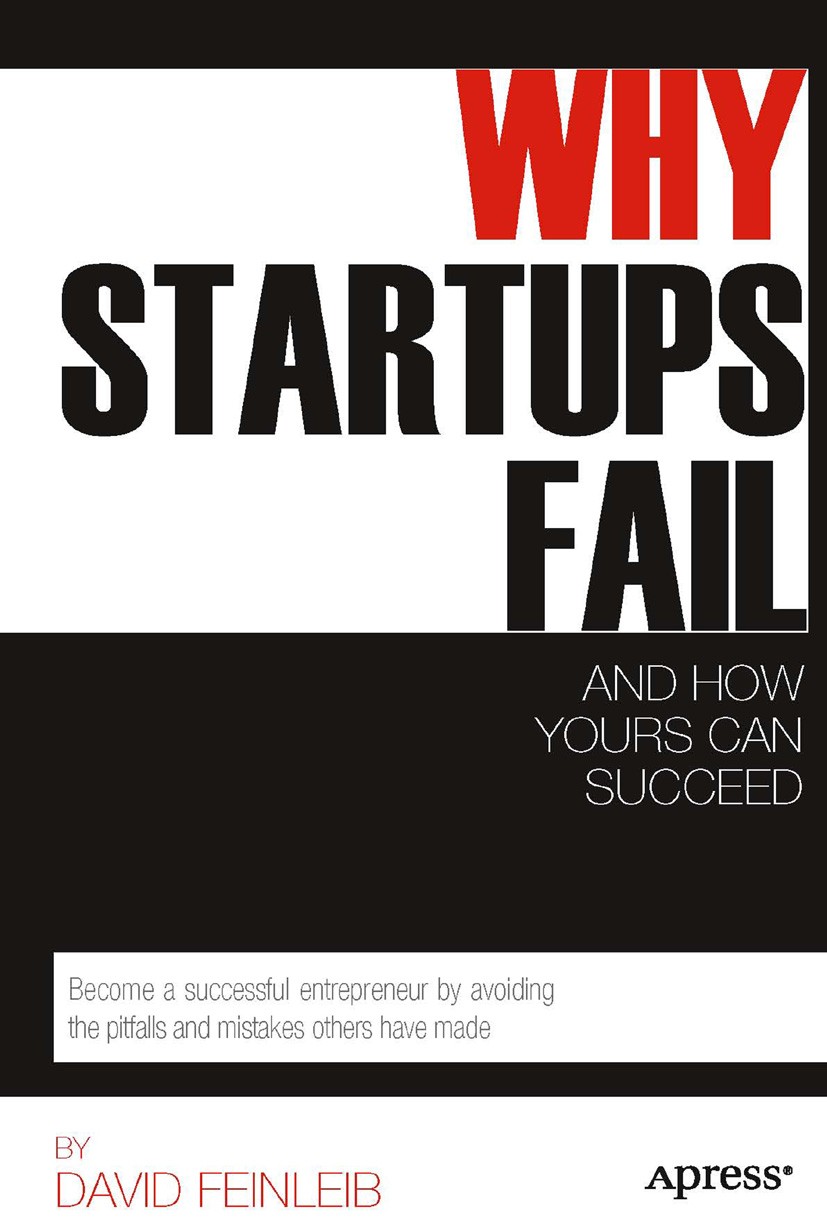| 書(shū)目名稱 | Why Startups Fail | | 副標(biāo)題 | And How Yours Can Su | | 編輯 | David Feinleib | | 視頻video | http://file.papertrans.cn/1029/1028171/1028171.mp4 | | 概述 | Why Startups Fail shows how to avoid the key mistakes that cause startups to fail and increase the odds that your new venture will become a success. | | 圖書(shū)封面 |  | | 描述 | For the want-to-be entrepreneur thinking about taking the leap, the boot-strapped entrepreneur trying to energize a business three or four years in, and the venture-backed entrepreneur trying to scale, .Why Startups Fail. shows you the key mistakes new ventures make—and how to avoid them. Nearly everyone has an idea for a product they could build or a company they could start. But eight out of 10 new businesses fail within the first three years. Even only one in?ten venture-backed startups succeeds, and venture capitalists turn down some 99% of the business plans they see. The odds appear to be stacked against you! But entrepreneurs often make the same avoidable mistakes over and over.? . . .Why Startups Fail. can help you beat the odds and avoid the pitfalls and traps that lead to early startup death. It’s easy to point to successes like Apple, Google, and Facebook. But the biggest lessons can come from failure. What decisions were made, and why? What would the founders have done differently? How did one company become a billion-dollar success while another—with a better product and in the same market—fail? Drawing on personal experience as well as the wisdom of the Silicon Valley | | 出版日期 | Book 2011 | | 版次 | 1 | | doi | https://doi.org/10.1007/978-1-4302-4141-6 | | isbn_softcover | 978-1-4302-4140-9 | | isbn_ebook | 978-1-4302-4141-6 | | copyright | David Feinleib 2011 |
The information of publication is updating

|
|
 |Archiver|手機(jī)版|小黑屋|
派博傳思國(guó)際
( 京公網(wǎng)安備110108008328)
GMT+8, 2025-10-6 16:41
|Archiver|手機(jī)版|小黑屋|
派博傳思國(guó)際
( 京公網(wǎng)安備110108008328)
GMT+8, 2025-10-6 16:41


